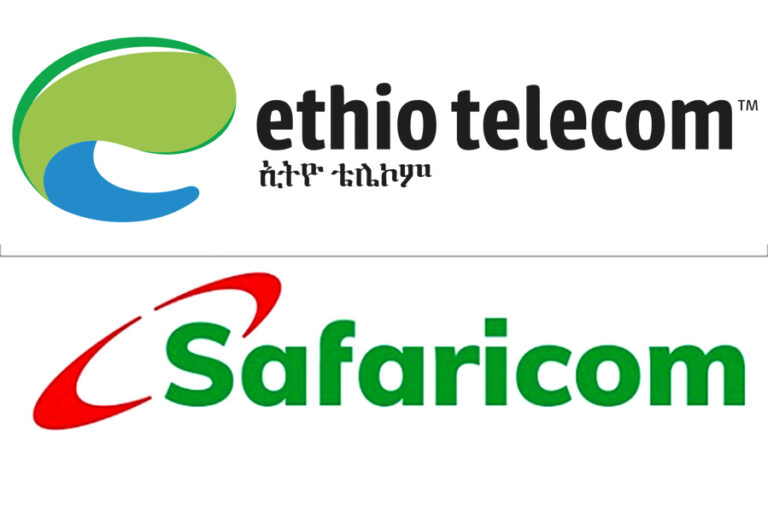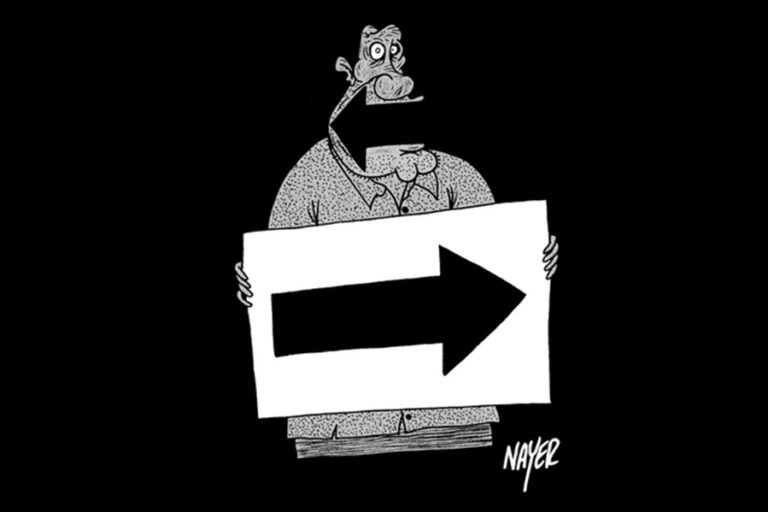A five-member of Ethiopian Media Council delegation was invited by the Media Council of Uganda from February 20-24, 2022 went to Uganda and exchanged experiences.
The Ethiopian Media Council, which has set up an arbitral tribunal for the media and journalists, is headed to Kampala, Uganda to gain experience in its initial campaign.
The delegation was welcomed by the leadership of the Media Council of Uganda and thanked the Ethiopian Media Council for choosing Uganda for the exchange of experiences.

On the Occasion Chairman of the Media Council of Uganda Mr. Paulo Ekochu, brief about the organizational structure of the council, its purpose and function, conflict and resolution system, challenges and opportunities. He asserted that however the Media Council of Uganda is statutory body, they work independently and impartially with the permission and control of all media outlets in the country.
Mr Tamerat Hailu, member of executive Committee of the Ethiopian delegation was also briefed on the organizational nature of the council and its start-up activities. It has been three years since the council received its legal mandate, but it is in the final stages of setting up an arbitral tribunal funded by France Embassy in Ethiopia. The council will receive complaints from the public, the government and the media, he adds.

The Uganda Media Council, which was established by a government proclamation in 1995, is funded by the government, while the Ethiopian Media Council is sponsored by professionals and the source of funding comes from its members’ contributions and various sources of revenue, but not received government fund.
Ethiopian Media Council delegation during its stay visited the government owned media, Uganda Broadcasting Corporation/UBC/, Prime media and New Vision Daily Newspaper Editing Unit. The delegation also visited Makarare University Department of Journalism and Communication Studies as well as the Uganda National Museum.

In the presence of the FDRE Ambassador to Uganda, her Excellency Ms.Alemtshay Mesert, the delegation discussed with the Uganda Minister of Information, Communication Technology and National Guidance.

State Misnster of ICT Hon. Dr Chris Baryomunsi, expressed her gratitude to the Ethiopian Media Council for coming to Uganda for the exchange of experiences. “It is a good start for the two countries to work together on media freedom,” She said.
Ethiopian Ambassador to Uganda Ms Alemtshay on her part said, the exchange of experiences between the media of the two sister countries is great value to Ethiopia in addition to the importance of building a free and responsible media.

“Ethiopia and Uganda are the main sources of the Blue Nile and the White Nile,” Alemthay stated. The two countries’ media professionals and their councils have a great responsibility to enhance this relationship, she adds.

Finally, the farewell ceremony was followed by a spectacular traditional music performance at the famous Ndere Troupe Cultural Centre, and the Ethiopian Media Council and the media Council of Uganda have a plan to sign a memorandum of understanding to work more closely in the near future.

During its stay the Ethiopian Media Council delegation celebrates 126th anniversary of Adwa victory in Kampala.






